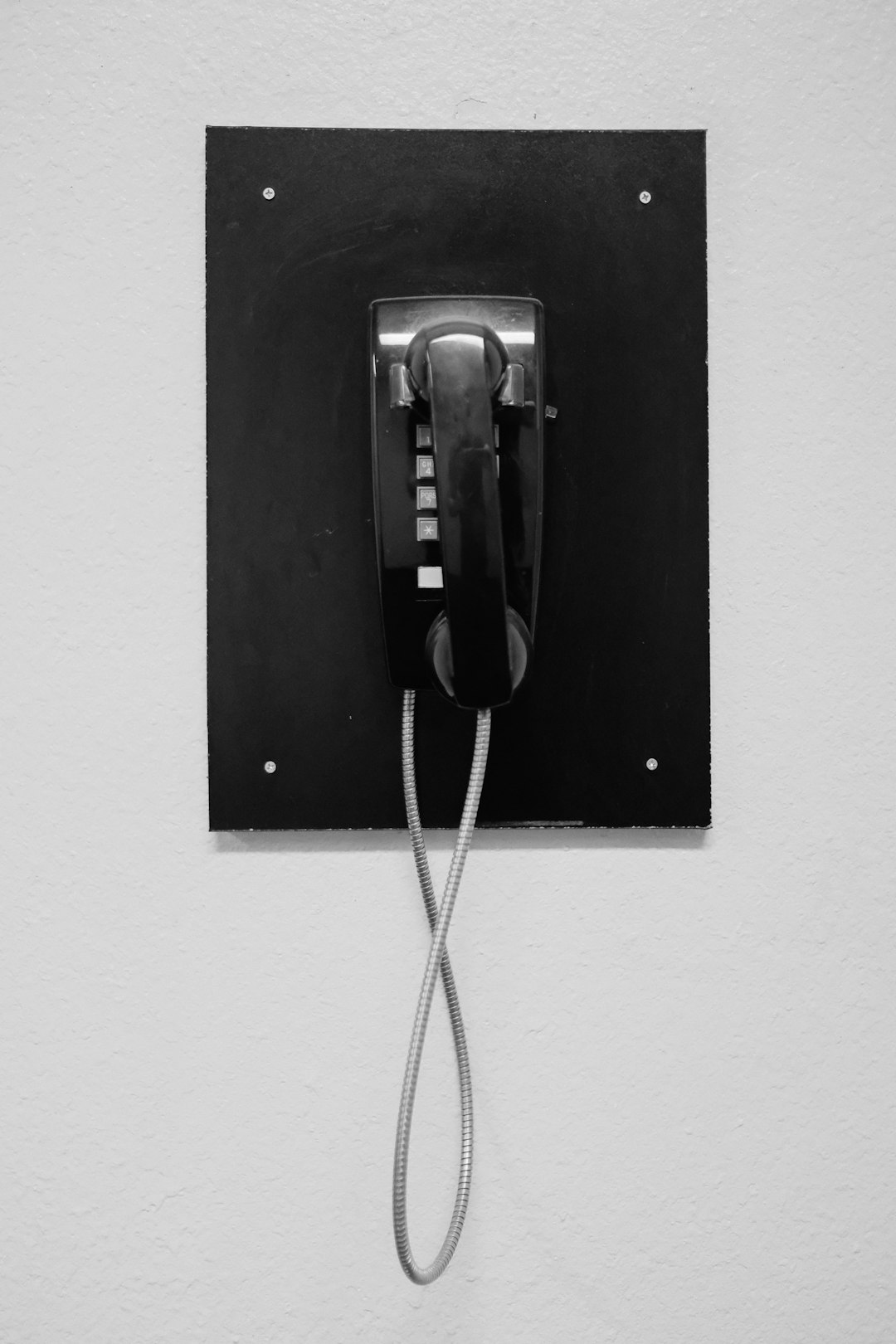Coloradans are protected by both state and federal laws, including the Fair Debt Collection Practices Act (FDCPA) and Colorado's debt validation laws. When contacted by a debt collector, consumers have 30 days to request written verification of the debt, including details like the amount owed and original creditor. This process ensures fairness, transparency, and the right to dispute inaccurate or questionable debts before further collection actions are taken. Understanding these rights and utilizing formal communication strategies can lead to successful outcomes in debt validation disputes under Colorado's strict debt collector laws.
In Colorado, consumers have robust debt validation rights under state laws designed to protect them from unfair debt collection practices. This article explores the key aspects of debt validation in Colorado, including consumer rights during the debt collection process, effective dispute strategies, and time frames for communication. We’ll break down how to challenge debated amounts, navigate success rates, and persevere through persistent disputes, all within the framework of Colorado’s debt collector laws.
Understanding Debt Validation Laws in Colorado

In Colorado, debt collection practices are governed by both state and federal laws designed to protect consumers’ rights. Understanding these regulations is crucial for anyone facing debt collectors in the state. The Fair Debt Collection Practices Act (FDCPA) sets national standards, ensuring debt collectors treat consumers fairly, honestly, and with respect. At the state level, Colorado has its own debt validation laws that further safeguard individuals from abusive collection practices.
Debt collector laws in Colorado stipulate that once a debt collector identifies the consumer they are contacting, they must provide verification of the debt. This means the collector should send a written notice containing information about the debt, including the amount owed, the name of the original creditor, and a statement that the consumer has the right to dispute the debt. Consumers have 30 days to respond and request validation, ensuring they are responsible for the debt before any further collection actions are taken.
Consumer Rights During Debt Collection Process

In Colorado, consumers have specific rights and protections during the debt collection process, as outlined by the state’s debt collector laws. When a consumer receives a communication from a debt collector, they are entitled to verify the validity of the debt and request documentation to support it. This is a crucial step for folks to understand their rights and protect themselves from any potential harassment or unfair practices.
According to these laws, debt collectors must provide consumers with accurate information regarding the debt amount, the original creditor, and the reasons for collection. Consumers can dispute the debt within 30 days of receiving written notice. This process involves sending a written letter requesting verification and demanding that the collector cease contact until the dispute is resolved. It’s a vital step to ensure fairness and transparency throughout the debt collection journey.
How to Dispute Debted Amounts Effectively

When disputing owed amounts with a debt collector in Colorado, it’s crucial to know your rights as per the Debt Collector Laws in the state. The process begins by requesting validation from the collector, who must provide proof of the debt and calculate the exact amount you owe. This includes details like the original creditor, date of default, and outstanding balance.
Effective dispute strategies involve gathering supporting documentation, such as payment records or any errors identified in the debt information provided. You can write a formal letter to the collector detailing your dispute and requesting verification. Keep copies of all communications and documents for future reference, ensuring you adhere to the 30-day response timeline mandated by Colorado law.
Time Frames and Communication Requirements

In Colorado, both state law and federal regulations govern debt collectors’ actions and consumers’ rights. According to the Colorado Debt Collector Laws, debt collectors must provide written notice within five business days after initial contact with the consumer, outlining the amount owed and the name of the original creditor. This timely communication is essential for borrowers to understand their financial situation and initiate the dispute process if necessary.
Additionally, debt collectors are required to communicate clearly and respectfully throughout the collection process. They must provide accurate information about the debt, including details on how to dispute it. Consumers have 30 days to respond to a debt collector’s communication, which can be in the form of a letter or phone call. This time frame allows individuals to gather evidence, seek legal advice, or verify the validity of the debt before taking further action.
Success Rates and Persistent Disputes

The success rates of debt validation disputes in Colorado are promising, with many consumers successfully defending against inaccurate or excessive claims. According to state laws, consumers have the right to request verification of their debts and dispute the validity of collections efforts. This process has proven effective, allowing many Coloradans to resolve their financial controversies without resorting to legal action.
However, persistent disputes may arise due to complex debt collection practices and loopholes in legislation. In such cases, consumers should remain diligent and familiarize themselves with their rights under Colorado’s debt collector laws. Persistent yet respectful communication with collectors and a thorough understanding of the dispute process can lead to favorable outcomes, ensuring that individuals are not burdened by invalid debts.






